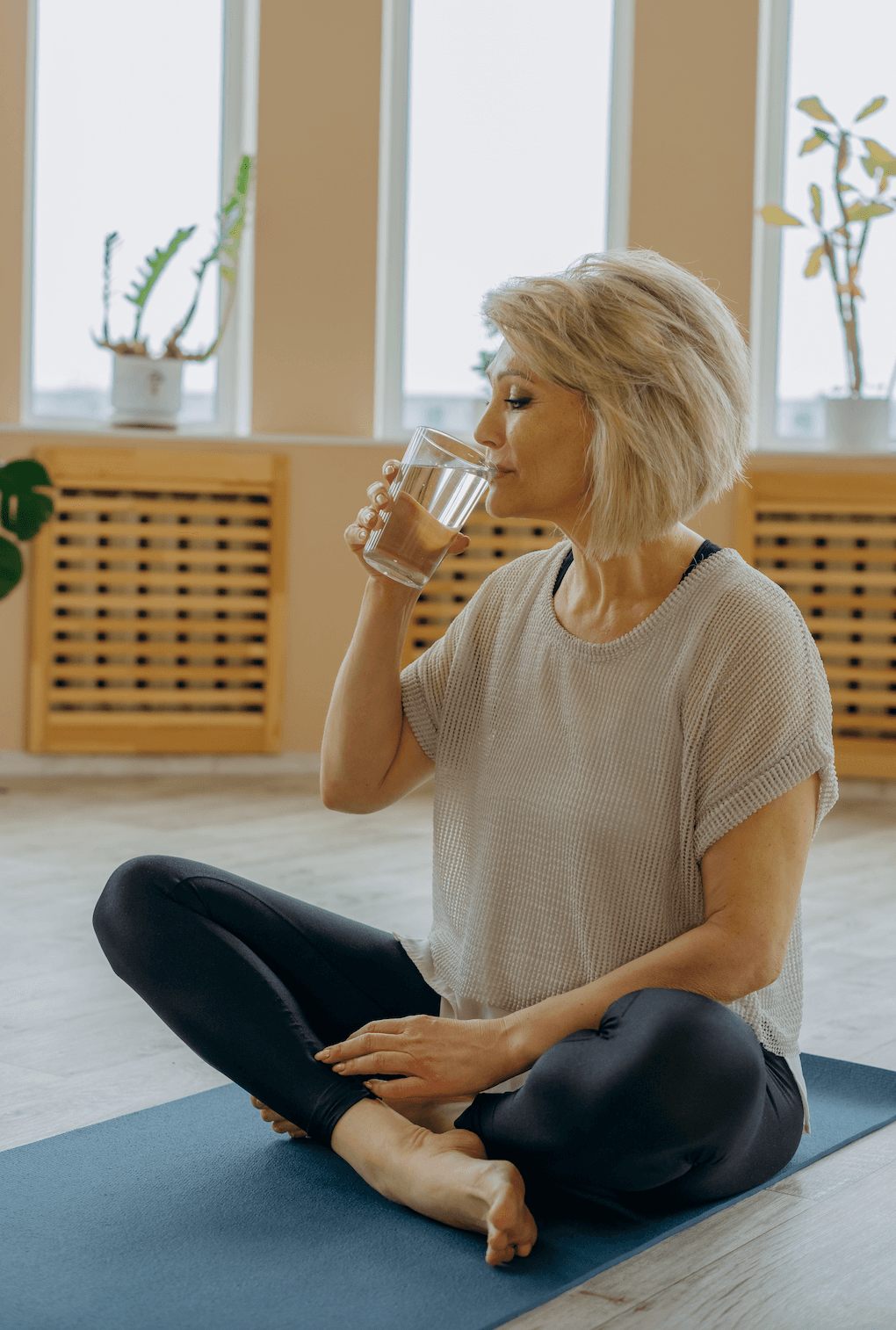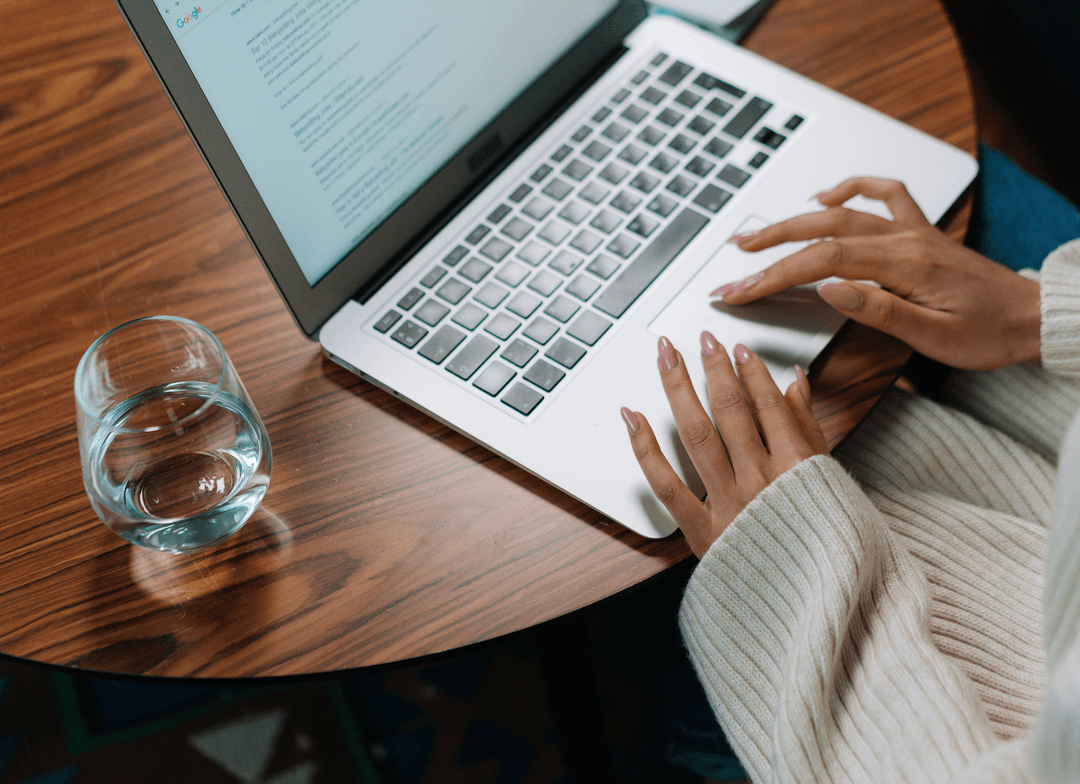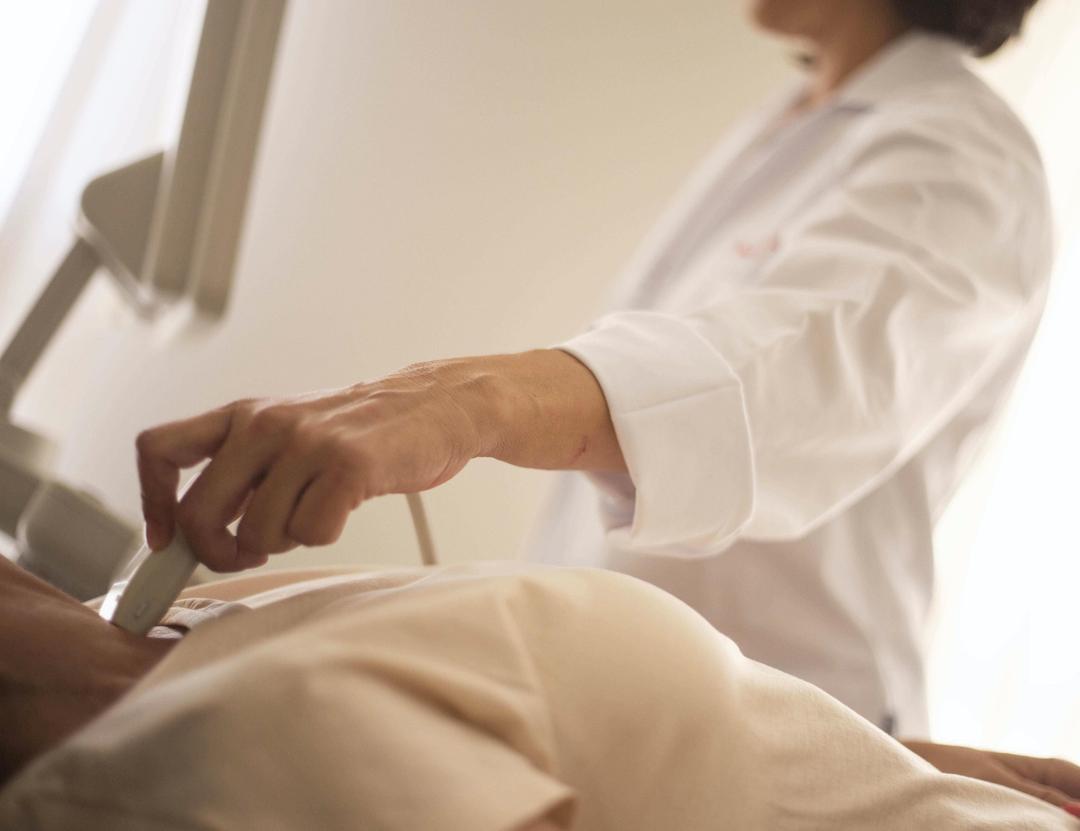Do you dream of better sleep? What if we told you hydration can help? While hydrating won’t put you to sleep, it can help you get more uninterrupted and rejuvenating shut-eye. And as you’ll see in a second, the relationship can go both ways: It’s possible dehydration can be responsible for your lack of sleep.
Keep reading to discover the surprising link between hydration and sleep, so you can sleep better starting tonight.





